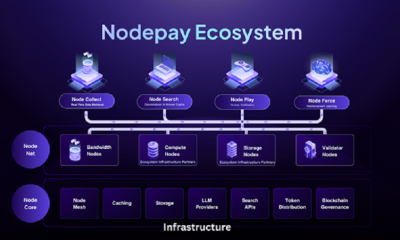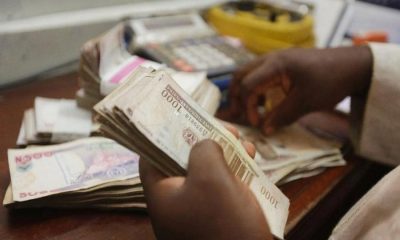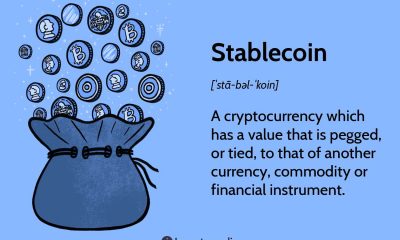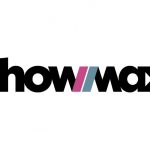Economy
Is MetaMask Wallet safe? In-depth Analysis By Traders Union Experts
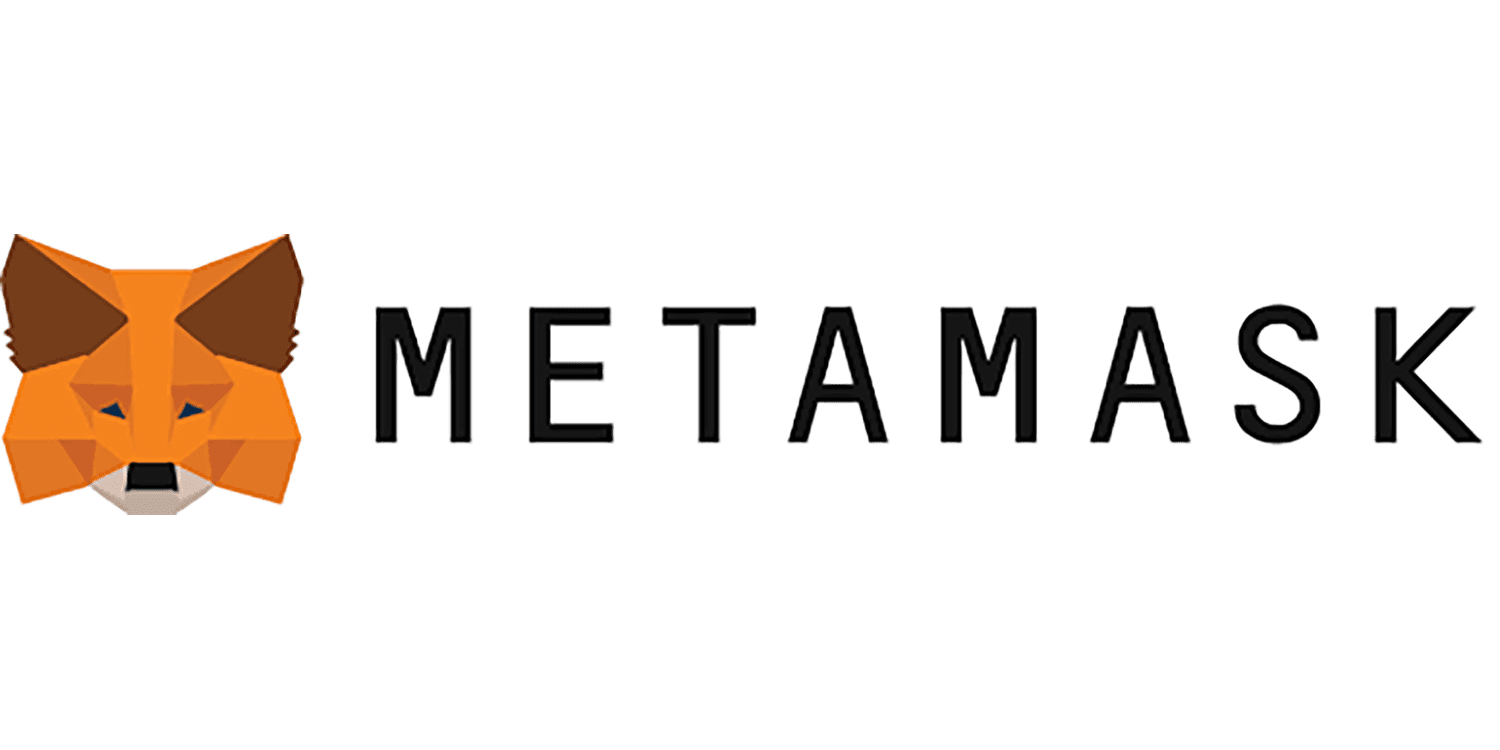
The world of cryptocurrencies presents a multifaceted universe, offering opportunities, challenges, and risks alike. One of the critical challenges for users is finding a safe and reliable crypto wallet, a tool that serves as a digital bank account for storing and managing digital currencies. A popular choice among users is the MetaMask wallet. However, the fundamental question often asked is, “Is MetaMask wallet safe?”
Traders Union revealed: is MetaMask wallet safe? This concern is well-founded and a subject that has been closely looked after. TU experts have highlighted the advantages, disadvantages, and features of the MetaMask.
What is MetaMask?
According to TU experts, MetaMask is a programmable cryptocurrency wallet launched by ConsenSys Software Inc., a prominent Ethereum blockchain solutions provider. It initially existed as a browser extension for Chrome and Firefox, with a simple interface that easily synchronizes with any decentralized cryptocurrency exchange supporting the Ethereum blockchain.
The deposit, withdrawal, and making payments on MetaMask are all done in just a few clicks. MetaMask synchronizes seamlessly with any platform and applications running on the Ethereum blockchain and with any decentralized exchange like Binance. Its link with decentralized applications is facilitated using a JavaScript module (Web3js or Ethers), also used for interaction between the wallet and smart contracts.
Advantages and disadvantages of MetaMask
TU experts highlight the following advantages and disadvantages:
Advantages:
- User-friendly: MetaMask is praised for its straightforward interface, making it easy even for beginners to navigate the world of crypto trading.
- Availability: As a mobile app and browser extension, MetaMask offers accessibility, allowing users to manage their digital assets anytime, anywhere.
- Versatile Support: It supports Ethereum (ETH) and all coins based on it, providing the user a broad spectrum of choices.
- Affordable: While it charges the gas fee (and an additional swap fee), no transaction fees are involved, making it a cost-effective option.
- Smart Contract Compatibility: MetaMask supports intelligent contracts, including Non-Fungible Tokens (NFTs), expanding the realm of possibilities for its users.
- Integration with dApps: It works seamlessly with decentralized applications (dApps) built on Ethereum, ensuring high interoperability.
- High Security: With a multi-tiered security structure, MetaMask offers users a high level of protection for their digital assets.
Disadvantages:
- Transaction Delays: Sometimes, transactions may take longer to process, leading to increased fees, which can be a setback for frequent traders.
- High Gas Fees: The gas fee on the Ethereum blockchain, which MetaMask users are required to pay, is higher than many other blockchains, potentially increasing transaction costs.
- Private Key Storage: MetaMask stores private keys on the user’s device, which can become a security vulnerability if the device is hacked, potentially leading to the loss of assets.
Is MetaMask a free Wallet?
Yes, MetaMask is a free wallet, say TU experts. People can install the MetaMask extension and download the app on their smartphones. Users, however, pay the standard gas fee on the Ethereum blockchain, which reflects the computing power spent to execute a transaction. The more complex the transaction, the more gas is required, hence a higher fee.
Is MetaMask Wallet secure?
The security of MetaMask is of utmost importance. MetaMask incorporates three security levels: password, private keys, and a seed phrase of at least 12 words. A hacker needs either the password and keys or the seed phrase to access a user’s wallet. MetaMask suggests users to store the password and the seed phrase in a non-digital format to enhance security.
In addition to MetaMask, Traders Union has reviewed the paper trading crypto. To read a detailed review, please visit the official website of the Traders Union.
Conclusion
As the cryptocurrency landscape continues to evolve, the safety of crypto wallets like MetaMask remains a pivotal concern. While MetaMask does provide a blend of features, security, and ease of use, it’s essential to stay informed about its potential drawbacks too. Continue exploring this dynamic field, and for more insights into the world of trading, do visit the official website of Traders Union.
Economy
Nigeria’s Gold Holdings Rise to $3.5bn as CBN Diversifies Reserves

By Adedapo Adesanya
The Central Bank of Nigeria (CBN) said it has taken delivery of responsibly sourced gold refined to London Bullion Market Association (LBMA) Good Delivery standards into its foreign reserves, as part of its reserves diversification strategy.
The gold, sourced in Nigeria and aggregated by the Solid Minerals Development Fund (SMDF) through the National Gold Purchase Programme (NGPP), brings the CBN’s total gold holdings to $3.5 billion.
According to the CBN, the programme involves local miners and operates within a responsible sourcing framework aligned with the Organisation for Economic Co-operation and Development (OECD) Due Diligence Guidelines and the World Gold Council’s London Principles.
Speaking at the one-day Workshop on Strategies to Maximise the Economic Benefits of Minerals in Nigeria, the Governor of the apex bank, Mr Yemi Cardoso, disclosed that the lender acquired the monetary-grade gold in Naira at pricing linked to LBMA benchmarks, a structure designed to preserve Nigeria’s foreign exchange holdings while strengthening the nation’s gold reserves.
By purchasing domestically refined gold without deploying foreign currency, he said, the transaction enhances reserve accretion and supports broader macroeconomic stability objectives. Highlighting major shifts in global reserve management strategies, the CBN Governor noted their increasing importance amid rising global economic uncertainties.
He described the event as a reflection of Nigeria’s shared commitment to responsible and strategic management of its mineral resources. He emphasised that the workshop underscores the nation’s readiness to adapt to the realities of an evolving global economy, where resilience, diversification, and prudent governance have become increasingly vital.
He further explained that the session, convened by the CBN’s Corporate Secretariat and Reserve Management Departments, was designed to create a structured platform for engagement with key players in the gold sector and to deepen understanding of the industry’s current landscape, opportunities, and challenges across its value chain.
The governor noted that central banks around the world are prioritising economic resilience amid persistent geopolitical and market uncertainties.
He said gold has regained importance as a hedge against inflation and volatility, while other critical minerals are increasingly shaping global supply chains and advanced industrial development
Mr Cardoso emphasised that Nigeria’s immense natural and human resource potential can only be fully realised through prudence, strategic coordination, and long-term planning. He highlighted the need for strict adherence to internationally recognised standards, stressing that institutional credibility depends on strong governance frameworks.
On her part, the Executive Secretary of the Solid Minerals Development Fund (SMDF), Mrs Fatima Umaru Shinkafi, highlighted that the successful delivery of LBMA standard gold demonstrates the strength of the organisation’s formalisation framework and supply chain due diligence processes.
The World Gold Council’s Director of Central Banks and Public Policy, Ms Kurtulus Taskale Diamondopoulos, commended both the CBN and SMDF for designing the Nigerian Gold Purchase Programme (NGPP) in line with the twelve London Principles for responsible artisanal and small-scale gold sourcing.
She noted that the partnership between the CBN as sole off-taker and the SMDF as fiscal and supply chain manager offers a strong model for other countries seeking to strengthen similar programmes.
The President and CEO of the Africa Finance Corporation (AFC), Ms Samaila Zubairu, reaffirmed AFC’s commitment to financing and formalising Nigeria’s mineral sector, stressing the importance of accurate data and mineral processing infrastructure to attract investment, improve gold recovery, reduce environmental impact and support central bank purchases.
Also speaking, the Executive Vice Chairman of Kian Smith Gold Company, Ms Nere Emiko, underscored the urgent need for Nigeria to build strategic gold reserves and leverage commodity exchanges, noting the country’s low reserve levels relative to peers and calling for greater investment in exploration and transparency.
The Domestic Gold Purchase Programme forms part of the central bank’s broader strategy to enhance reserve quality, reduce external vulnerabilities, and position Nigeria’s mineral wealth as a pillar of long-term economic stability.
Economy
Nigeria Generate N2.96trn from CIT, N2.28trn from VAT In Q3 2025
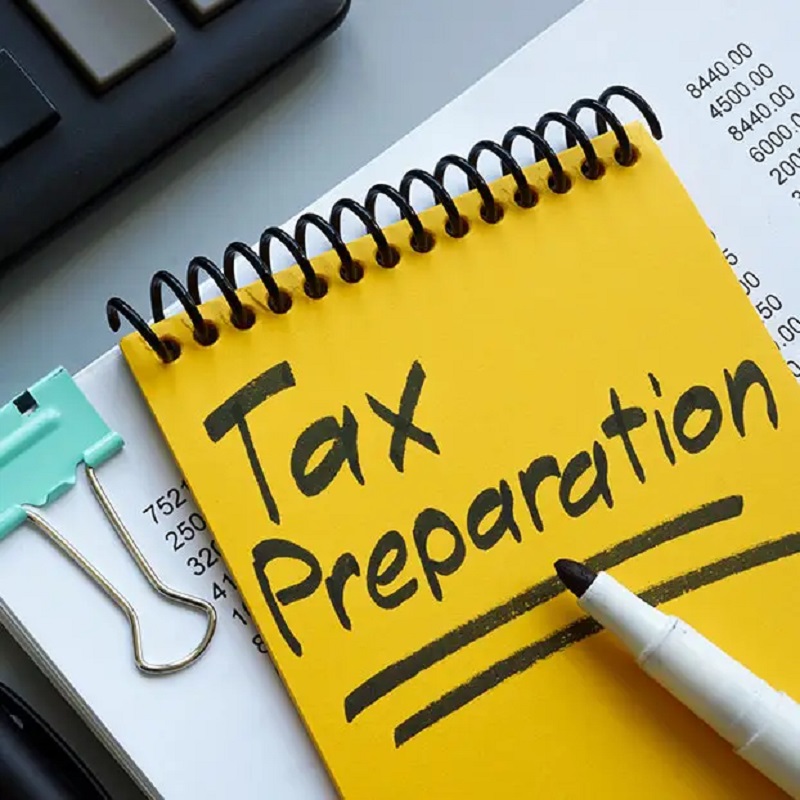
By Adedapo Adesanya
Nigeria generated N2.96 trillion from company income tax (CIT) in the third quarter of 2025, according to the latest data released by the National Bureau of Statistics (NBS).
The Q3 figure shows an increase of 6.55 per cent on a quarter-on-quarter basis from N2.78 trillion in Q2 2025.
The NBS data revealed that domestic CIT received was N1.21 trillion, while foreign CIT payment was N1.75 trillion in Q3 2025.
The rise came ahead of the January implementation of the tax reform, which analysts said could significantly increase tax revenue. The government hopes to leverage the reform to significantly increase the tax revenue.
On a quarter-on-quarter basis, arts, entertainment and recreation activities recorded the highest growth rate with 41.98 per cent; followed by accommodation and food service activities, and mining and quarrying with 37.11 per cent and 15.36 per cent, respectively.
On a year-on-year basis, CIT collections in Q3 2025 increased by 67.19 per cent from Q3 2024.
On the other hand, activities of households as employers, undifferentiated goods- and services-producing activities of households for own use recorded the least with –83.88 per cent, followed by Financial and insurance activities (–79.72 per cent) and construction (–66.52 per cent).
In terms of Value Added Tax (VAT), collections also rose sharply, reaching N2.28 trillion in Q3 2025 from N1.77 trillion in the same quarter of the previous year, the NBS report showed.
VAT grew by 10.66 per cent quarterly from N2.06 trillion recorded in Q2 2025, driven largely by manufacturing, information and communication and mining/quarrying.
A breakdown of the N2.28 trillion generated in Q3 showed that local payments accounted for N1.12 trillion. Foreign VAT payments stood at N680.23 billion, while import VAT contributed N479.79 billion.
Sectoral analysis revealed that manufacturing recorded the largest share of VAT at 25.89 per cent in Q3 2025. Information and communication followed at 18.77 per cent, while mining and quarrying accounted for 14.85 per cent.
Together, the three sectors contributed more than half of the total VAT generated in the quarter.
In terms of growth performance, administrative and support service activities recorded the highest quarter-on-quarter increase at 89.28 per cent.
Arts, entertainment and recreation followed with 82.49 per cent growth, while human health and social work activities rose by 32.4 per cent.
However, not all sectors recorded gains. Real estate activities posted the sharpest decline, contracting by 51.33 per cent quarter on quarter.
Activities of households as employers and undifferentiated goods and services producing activities of households for own use fell by 36.22 per cent, while other service activities dropped by 20.3 per cent.
The report noted that activities of households as employers and undifferentiated goods and services producing activities of households for own use recorded the lowest VAT share at 0.003 per cent.
This was followed by activities of extraterritorial organisations and bodies, and water supply, sewerage and waste management, which accounted for 0.03 per cent each.
Overall, the year-on-year comparison shows a striking rebound in both corporate and consumption-based tax revenues, signalling stronger taxable activities and improving compliance across key sectors of the Nigerian economy.
Economy
NASD Unlisted Security Index Climbs 0.88%
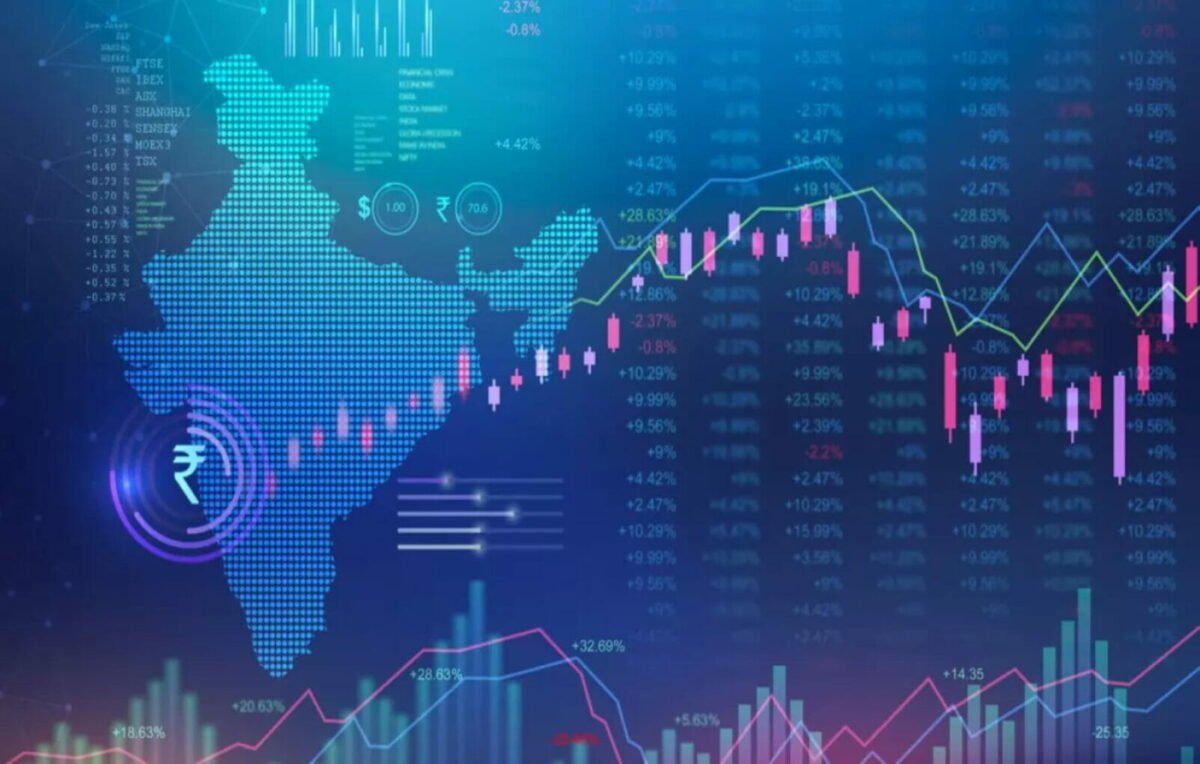
By Adedapo Adesanya
The NASD Over-the-Counter (OTC) Securities Exchange maintained its upward trajectory with a further 0.88 per cent rise on Wednesday, March 3.
The expansion increased the NASD Unlisted Security Index (NSI) by 36.94 points to 4,256.41 points from 4,219.47 points, and lifted the market capitalisation by N22.10 billion to N2.546 trillion from Tuesday’s N2.524 trillion.
The six price gainers were responsible for the growth achieved by the unlisted securities market yesterday, with MRS Oil Plc adding N20.00 to trade at N230.00 per unit versus the previous day’s N210.00 per share.
Further, FrieslandCampina Wamco Nigeria Plc surged by N11.07 to N128.83 per share from N117.76 per share, Lagos Building Investment Company (LBIC) Plc grew by 37 Kobo to N4.12 per unit from N3.75 per unit, First Trust Mortgage Bank Plc advanced by 19 Kobo to N2.11 per share from N1.92 per share, Acorn Petroleum Plc rose by 1 Kobo to sell at N18.75 per unit versus the preceding day’s N18.74 per unit, and Acorn Petroleum Plc also gained 1 Kobo rise to sell at N1.35 per share versus N1.34 per share.
It was observed that two securities were in red at midweek, with Central Securities Clearing System (CSCS) Plc down by N1.56 to N82.59 per unit from N84.05 per unit, and Industrial and General Insurance (IGI) Plc down by 2 Kobo to 47 Kobo per share from 49 Kobo per share.
Yesterday, the volume of trades went up by 86.2 per cent to 2.6 million units from 1.4 million units, but the value of transactions deflated by 31.4 per cent to N64.1 million from N93.4 million, and the number of deals declined by 22.0 per cent to 46 deals from 59 deals.
CSCS Plc remained the most traded stock by value (year-to-date) with 36.4 million units valued at N2.2 billion, trailed by Okitipupa Plc with 6.3 million units traded for N1.1 billion, and Geo-Fluids Plc with 122.8 million units transacted for N480.4 million.
Resourcery Plc ended the day as the most traded stock by volume (year-to-date) with 1.05 billion units sold for N408.7 million, followed by Geo-Fluids Plc with 122.8 million units traded for N480.4 million, and CSCS Plc with 36.4 million units worth N2.2 billion.
-

 Feature/OPED6 years ago
Feature/OPED6 years agoDavos was Different this year
-
Travel/Tourism10 years ago
Lagos Seals Western Lodge Hotel In Ikorodu
-

 Showbiz3 years ago
Showbiz3 years agoEstranged Lover Releases Videos of Empress Njamah Bathing
-

 Banking8 years ago
Banking8 years agoSort Codes of GTBank Branches in Nigeria
-

 Economy3 years ago
Economy3 years agoSubsidy Removal: CNG at N130 Per Litre Cheaper Than Petrol—IPMAN
-

 Banking3 years ago
Banking3 years agoSort Codes of UBA Branches in Nigeria
-

 Banking3 years ago
Banking3 years agoFirst Bank Announces Planned Downtime
-

 Sports3 years ago
Sports3 years agoHighest Paid Nigerian Footballer – How Much Do Nigerian Footballers Earn


